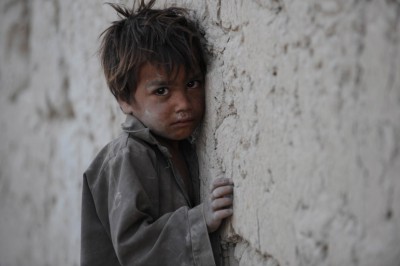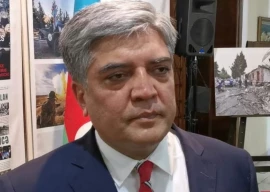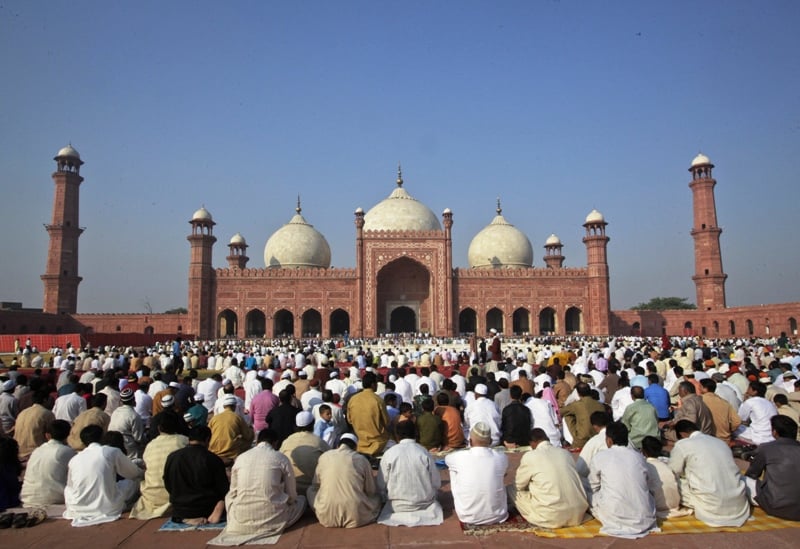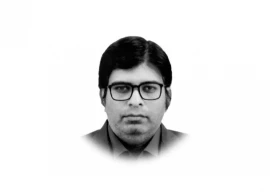
Pakistan’s chronic malnutrition crisis has not improved over the past 40 years, costing the economy an estimated three per cent of GDP per year, making it a graver issue than the energy crisis, whose corresponding figure is two per cent.
These views were expressed by World Bank Senior Nutrition Specialist Luc Laviolette at an orientation session on “Nutrition and Human Rights” at a local hotel on Thursday.
The session, which was organised by the bank in collaboration with the Development Partners for Nutrition, was aimed at increasing civil society organisations’ understanding and knowledge of nutrition, thereby promoting its awareness as a basic human right.
Laviolette said that currently half of Pakistan’s women and children were malnourished, terming the situation worse than in sub-Saharan Africa.
He gave a presentation on ‘Malnutrition in Pakistan — A Silent Emergency’ during which some alarming statistics were shared.
Comparing the findings of the National Nutrition Survey for 2001-02 and 2011, Laviolette said there had been a significant increase in various indicators. During this period, children’s wasting rate had increased from 12 to 15 per cent, the stunting rate from 31 per cent to 44 per cent, anemia from 51 per cent to 63 per cent and vitamin A deficiency from 13 per cent to 54 per cent.

He said over 1.5 million children in Pakistan were currently suffering from acute malnutrition, which made them vulnerable to fatal diseases. All citizens should have access to adequate quantity and quality of food, he added.
“Malnutrition makes children prone to acquiring communicable diseases like measles and reduces the effectiveness of certain vaccinations, said Laviolette.
If this issue was not overcome, Pakistan risked suffering from a “demographic nightmare” — or an unskilled, economically unproductive population — rather than the “demographic dividend” which has powered its neighbour’s growing prosperity, he said.
Save the Children Pakistan Advocacy and Campaigns Senior Manager Arshad Mahmood said that the Constitution under Article 38 recognised the right of access to food, mandating that “the state shall provide the basic necessities of life, namely food, clothing, housing, education and medical relief.”
The mandate was not being followed by the authorities, which was a clear violation of human rights, said Mahmood.
“More than 350,000 children die before their fifth birthday every year; 35 per cent of these deaths are due to malnutrition,” he added.
Mahmood stressed on the need to engage parliamentarians at both the federal and provincial levels to tackle the issue. He called for sustained advocacy to implement the Protection of Breastfeeding law at both levels, and urged all media outlets to increase their coverage of nutrition.
He said educating citizens on the differences between a healthy and unhealthy diet was another measure that could be taken to safeguard the country’s future generation from the malaise.
Micronutrient Initiative Director Dr Tausif Akhtar Janjua lamented that nutrition was always considered as an extension of the broader category of health, and as a result was never prioritised as an issue.
Published in The Express Tribune, May 24th, 2013.























COMMENTS
Comments are moderated and generally will be posted if they are on-topic and not abusive.
For more information, please see our Comments FAQ